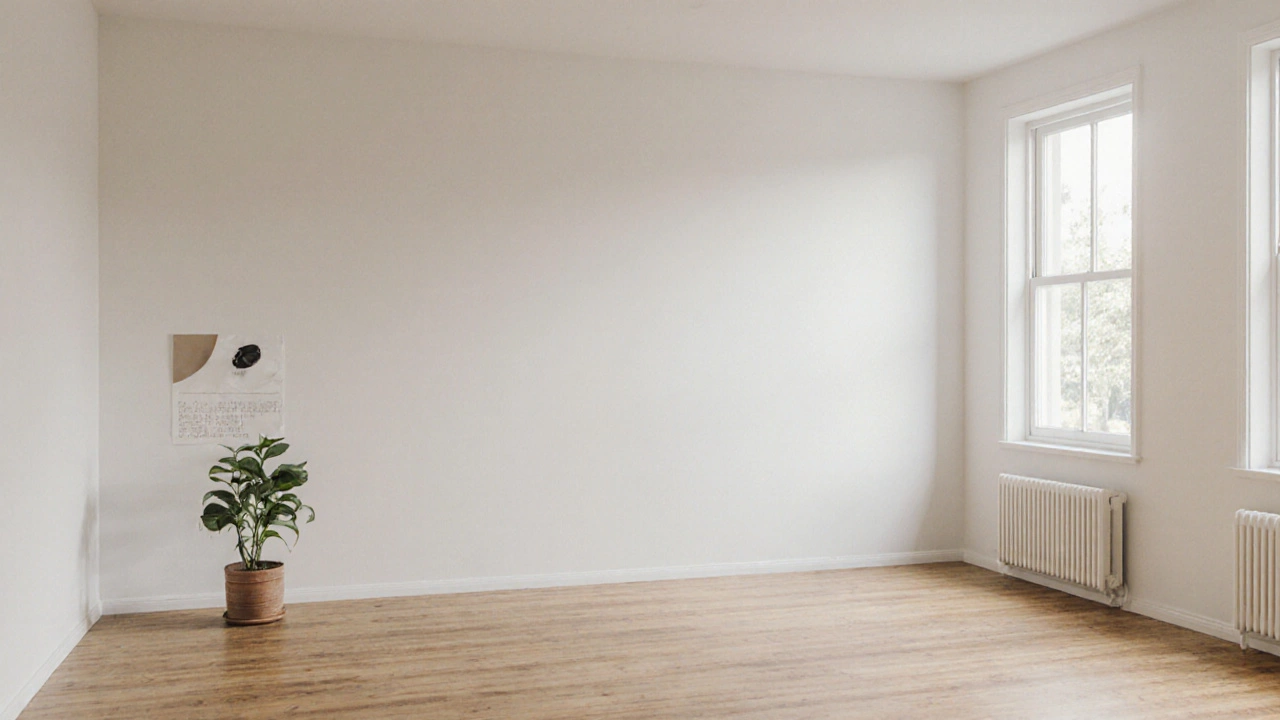Builder's Warranty: What It Covers and Why It Matters
When you buy a newly built home, a builder's warranty, a legally binding guarantee from the builder that covers defects in materials and workmanship for a set period. Also known as a new home warranty, it’s your safety net against hidden flaws that might not show up until months after you move in. This isn’t just a nice-to-have—it’s often required by law in the UK for new builds, and it’s the only thing standing between you and a costly repair bill.
A builder's warranty, a legally binding guarantee from the builder that covers defects in materials and workmanship for a set period. Also known as a new home warranty, it’s your safety net against hidden flaws that might not show up until months after you move in. This isn’t just a nice-to-have—it’s often required by law in the UK for new builds, and it’s the only thing standing between you and a costly repair bill.
Most builder's warranty plans cover three main things: structural issues like foundation cracks or roof failures, major systems like plumbing and electrical, and workmanship problems like uneven flooring or leaky windows. The coverage usually lasts 2 years for workmanship, 5–10 years for structural defects, and sometimes up to 12 years for major components like load-bearing walls. You won’t find this level of protection with a used home—only new builds come with it.
But not all warranties are the same. Some builders use third-party providers like NHBC or LABC, which offer stronger protection and easier claims. Others give you a basic in-house policy that’s harder to enforce. That’s why you need to read the fine print before signing. Look for what’s excluded—like damage from poor maintenance, extreme weather, or DIY changes. If your warranty doesn’t cover foundation movement or roof leaks, you’re paying for a false sense of security.
And here’s the thing: a warranty only works if you report problems on time. Most policies require you to notify the builder within 30 days of spotting a defect. If you wait six months because you thought it was "just a small crack," you could lose your claim. Keep photos, dates, and written communication. Don’t assume the builder will fix it—they’re not obligated to unless you’ve followed their process.
Some homeowners think a builder's warranty is just for new houses, but it also applies to major renovations. If a contractor completely restructures your kitchen or adds a second floor, that’s a new build under the law. That means they owe you the same warranty protections. Skip the verbal promise—get it in writing, and make sure it’s tied to the contract.
What you’ll find in the posts below are real stories from people who’ve dealt with builder warranties—what worked, what didn’t, and how to avoid the traps most homeowners fall into. You’ll see how foundation repair claims get approved, why some contractors hide warranty terms, and what to say when a builder refuses to fix a leaking roof. These aren’t theory pieces—they’re practical, no-fluff guides from people who’ve been there.

